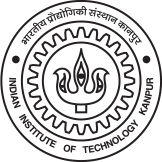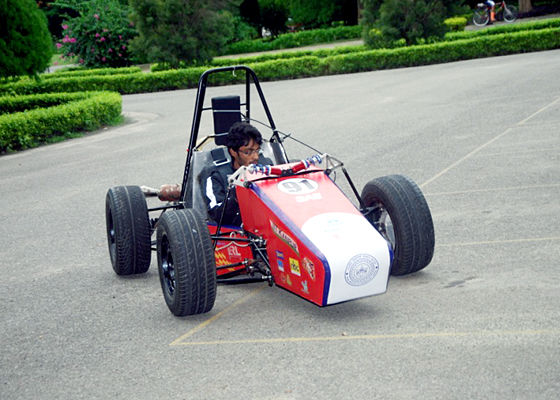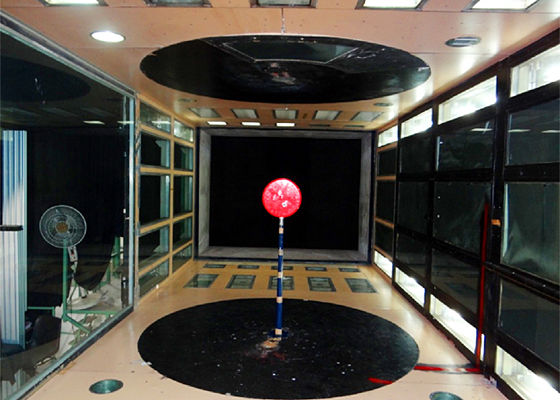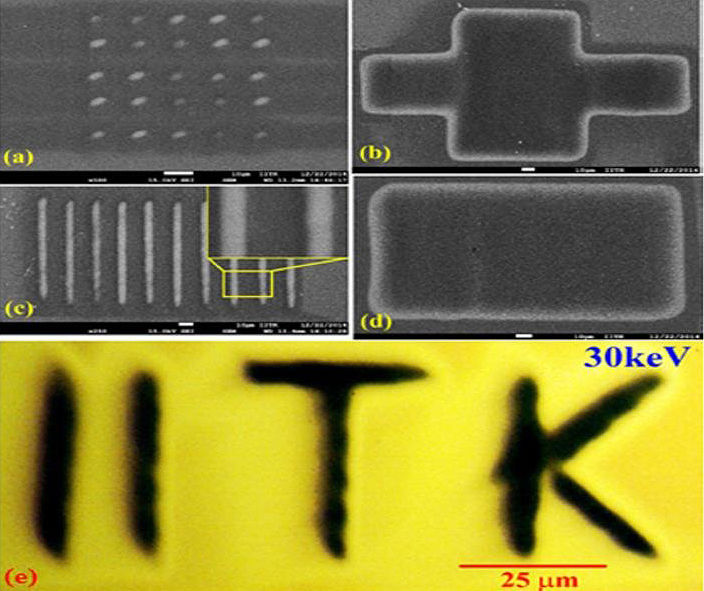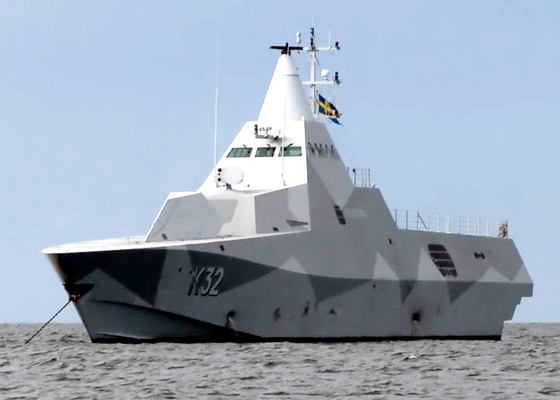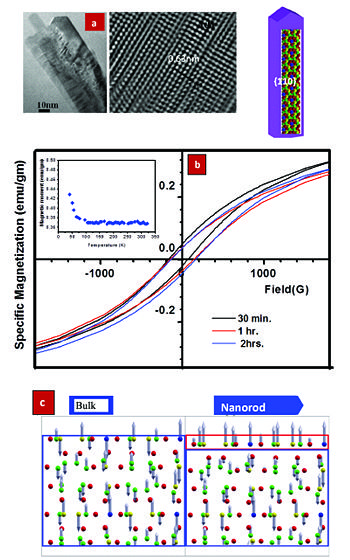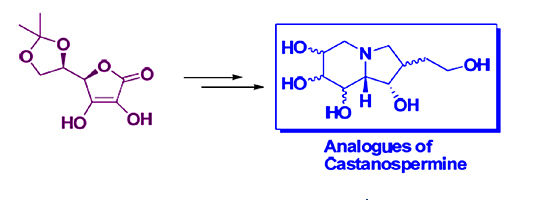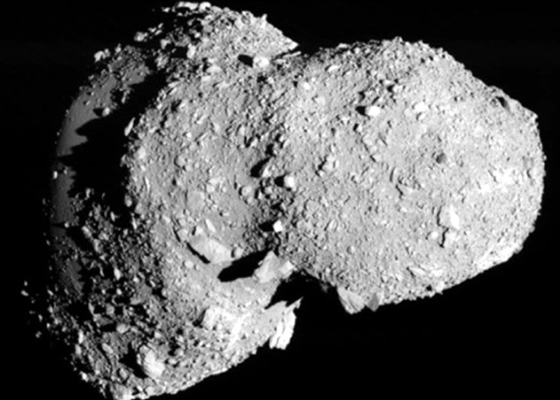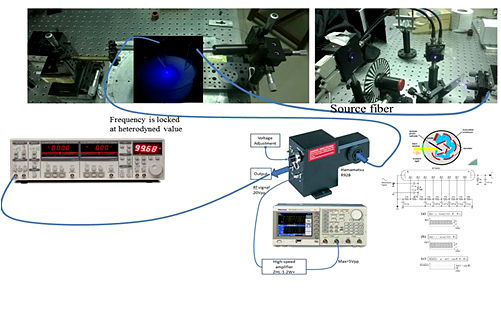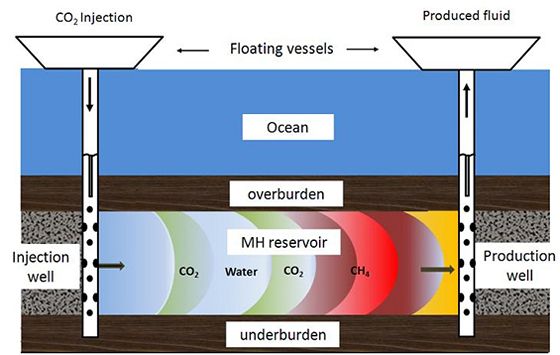
PI: Prof. Malay K. Das
CO-PI: Prof. Naveen Tiwari
Sequestration of CO2 in geologic formations is a technologically and financially viable option for controlling CO2 concentration in ambient atmosphere. Present proposal involves sequestration of CO2 in marine hydrate reservoirs, which are the repositories of naturally formed CH4-hydrates. While CH4-hydrate constitutes the largest resource for CH4 fuel, recovery of CH4 from the marine hydrate reservoir seems to be quite challenging. Injection of CO2 in the CH4-hydrate reservoir enhances CH4 recovery via formation of CO2- hydrate. Sequestration of CO2 in its hydrate form ensures safe and long-term storage of CO2 in large amount. Finally, the sequestration of CO2-hydrate in marine hydrate reservoir helps to maintain the structural integrity of the fragile marine ecosystem. The proposed research involves modeling of CO2 sequestration in marine hydrate reservoir followed by the development of 3-D, transient, hydrate reservoir simulator. The model involves the nonlinear coupling of mass, momentum and energy transport with the kinetics of hydrate formation/dissociation as well as phase changes. The fundamental model comprises multiphase flow in an unsaturated porous media where the media properties vary in space and time. The kinetics of formation and disappearance of gas, liquid, and hydrate phases are adapted from experimental results available in the literature. The model includes the effects of water salinity, CO2 solubility in liquid H2O as well as the influence heat transfer and ice formation on the overall dynamics of the process. Simulations are proposed to be carried out for Indian conditions, predict the amount of CO2 that can be disposed off in the marine environment and the consequent amount of methane produced from the reservoir.



